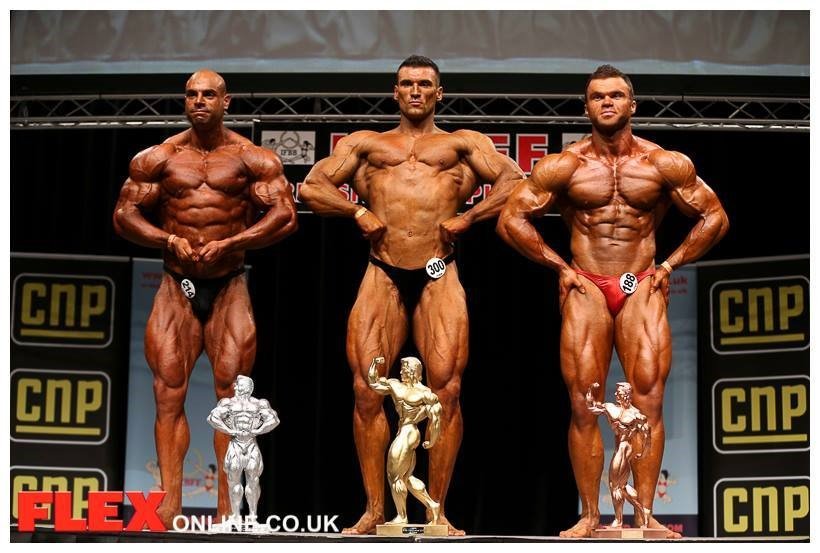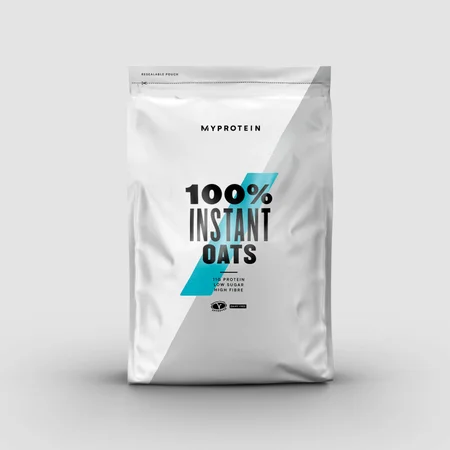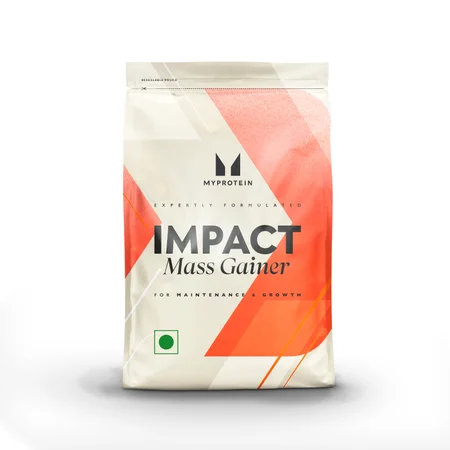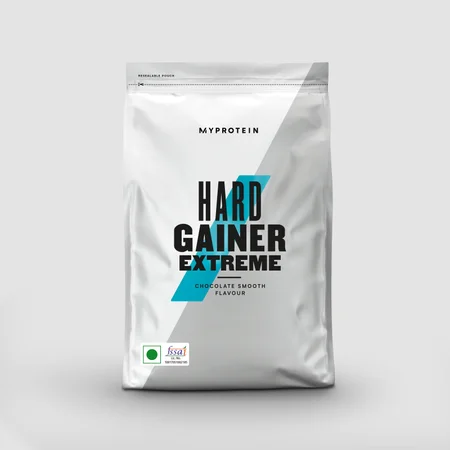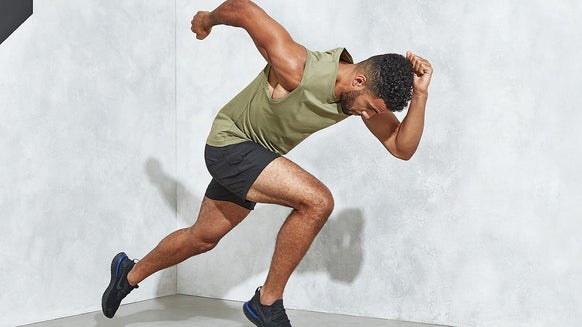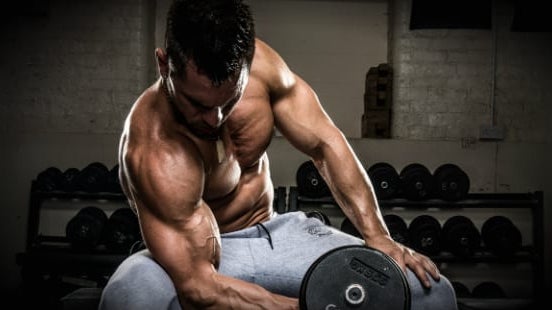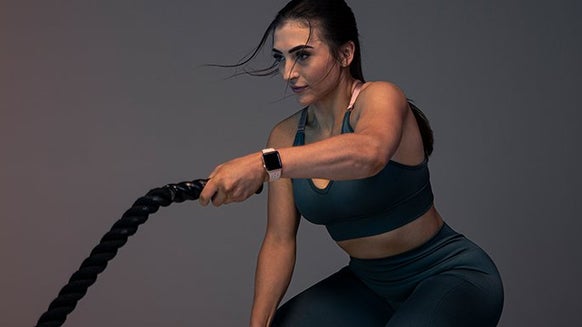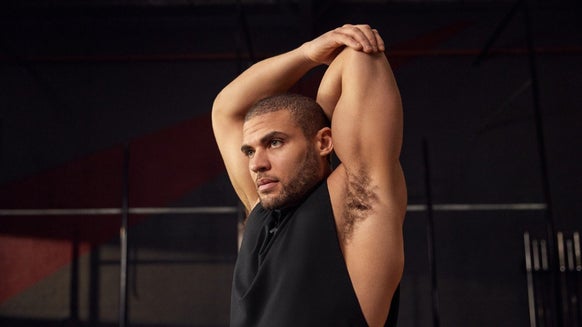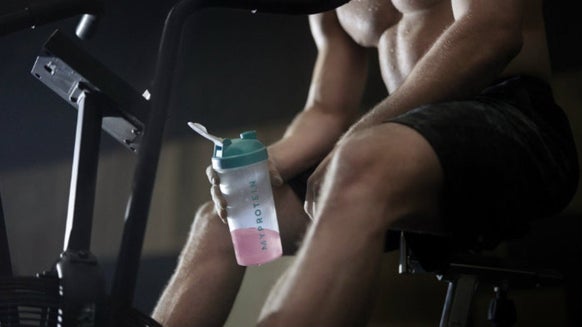Bulking Diet: An Introduction To A Hardgainer Diet
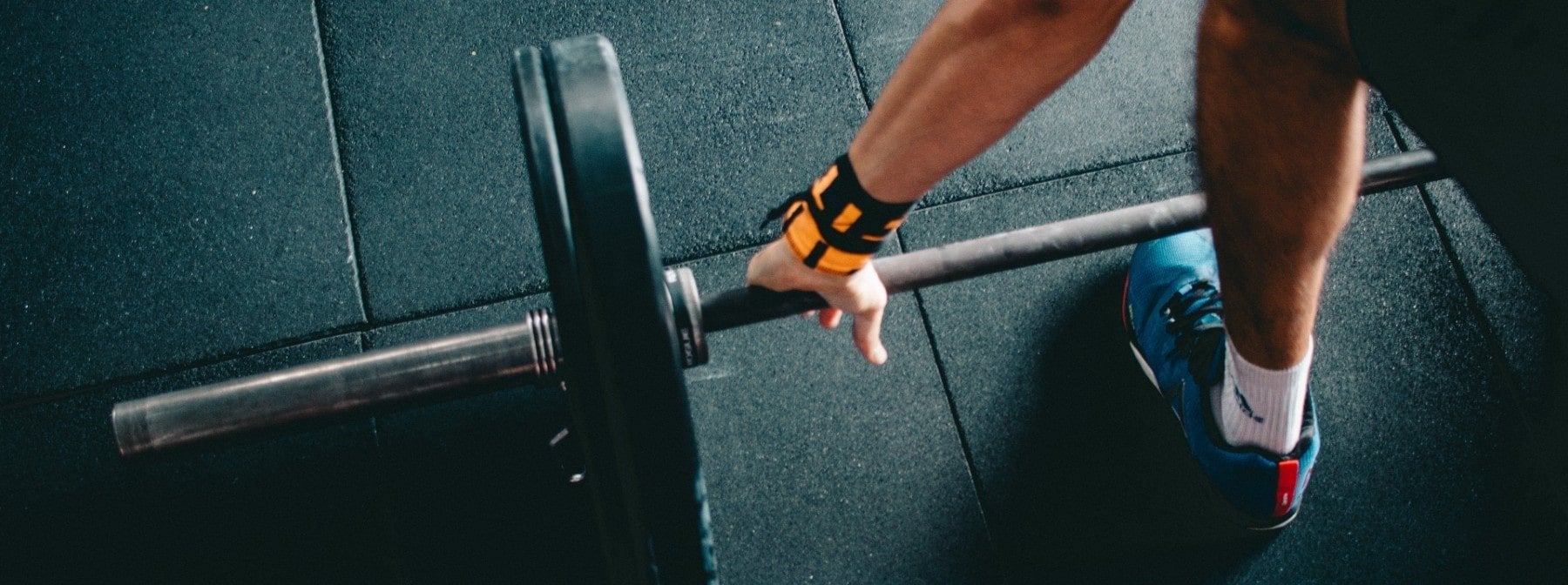
A Hardgainer's Diet
Being a hardgainer is hard, right? No matter how hard you train, you're still 'skinny'. While it might seem easy for some to get the perfect physique, for most, a lot of effort and know-how goes into achieving it, and we can help out with that.
In this beginner's bulking diet article, you'll find:
Hardgainer’s Macro-Breakdown: How Many Calories Should I Eat?
If you’re a hard gainer, you need to eat a little more than your average Joe. Research has shown that a good starting point would be to aim to consume approximately 22 calories per poundof body weight per day. For example, if you weigh 150lbs, aim to consume around 3300 calories per day.
Each person’s metabolism is slightly different, and although 3000 calories for one individual weighing 150lbs is a starting guideline, this is a trial and error process. This figure may have to be increased or decreased, depending on how your body reacts.
How Many Carbs, How Much Protein And Fat?
So how many of the 3000 calories should be made up of carbohydrates, fat and protein? You might think that 90% of your intake needs to be made up of huge steaks and raw eggs, but think again. Research shows that the ideal macronutrient ratio should be broken down into a ratio of approximately:
- Protein: ~25%
- Carbohydrates: ~40%
- Fat: ~35%
Although the above ratio is commonly used by people who struggle to put on weight, remember, it's just a guideline. All bodies are different, and it's about finding the right ratio for your body – trial and error. If you eat like this for around two weeks and see no weight gain, you should increase your calories by about 200 calories per day and see if this helps. It’s all about the time and tuning to meet your individual needs.
Ensure you don't skimp on the protein, either. Studies show that protein is an extremely important macronutrient for hardgainers (and non-hardgainers, too), and should therefore contribute to at least 20% of your food intake every day.

The Diet Plan
A lot of people who struggle to gain weight believe that they can gorge on fast food to rack up their calorie intake. But, as much fun as that sounds, unfortunately, gaining weight fast and in excessive amounts can take its toll on our bodies, and that brings several different health risks, too.
Gaining weight too quickly can accelerate fat storage, causing changes in insulin sensitivity and the signalling between cells required for building muscle, which can make muscle growth even more difficult.
For some people, eating is a pleasure, however, for others, it’s a chore. If you’re someone who gets full very easily, you need to consume more energy-dense food with large amounts of calories, rather than filling up on low-calorie, high-fibre foods. It’s important to eat a lot of fruit and vegetables, as vitamins and minerals are essential to our health and well-being – just eat them in addition to the energy-dense foods, rather than instead of them.

A Typical Day Of Food For A Hardgainer
This diet plan gives you an idea of how much food you should be eating and when. You might choose to train in the morning instead, but overall, it's important to make sure you get a range of nutrients and you're eating at least six times per day.
Essential Hardgaining Foods

To ensure you reach your calorie targets, keep track of your calorie intake. You can use calorie-counting apps or simply log it in a notepad. Ensure you know what you're going to eat and when. You can prepare your meals the night before or even a few days in advance, making sure you include the following top hardgaining foods.
1. Protein Shakes
You're going to be eating a fair amount of protein, so protein shakes are a tasty, convenient way to get all the protein you need. Products such as the Extreme Gainer Blend contain just over 500kcal per serving, and plenty of carbs and protein, so they make the perfect quick snack or meal replacement.
If you prefer making your own shakes, ensure you add an adequate amount of protein, carbohydrates and fat. This might involve getting a good whey protein and also a good supply of healthy fats, such as peanut butter.
2. Lean Meat & Fish
To build muscle, you need to eat protein. Lean meat and fish are the best sources of protein with all the essential amino acids your muscles require to repair and grow. If you're vegan, eat a good variety of plant-based protein sources to ensure you're getting the full spectrum of amino acids.
3. Nuts
Start getting nuts about nuts! Nuts are energy-dense, which means they’re full of calories. They also provide a good source of healthy mono- and polyunsaturated fats, both of which are essential if you're looking for gains. So snack away on nuts (unless you’re allergic of course) to help boost your calorie intake.
4. Oats
Oats are a good source of carbohydrates, that will add extra calories to your diet without making you feel as if you're about to burst. They are perfect to be enjoyed in the morning with full-fat milk mixed with protein powder, or in a post-workout protein shake.
5. Eggs
Eggs are a good source of healthy fat and protein. Enjoy a healthy omelette, poached, boiled or scrambled eggs.
6. Salmon & Other Oily Fish
Oily fish, such as salmon and sardines, are recommended to be consumed at least twice per week. Eating salmon will provide you with a good source of essential omega-3 fatty acids, as well as a good source of protein.
7. Coconut & Olive Oil
To gain muscle, you need a good source of healthy fat. Fats from olive oil and coconut oil are a perfect way to get healthy fats into your diet and can be easily added to salads and when cooking food.
8. Sweet Potato
Sweet potatoes are a great source of carbohydrates –perfect for after a workout to restore your glycogen levels.
9. Dried Fruit
Dried fruit is different to fresh fruit, whereby it's actually very energy-dense. Dried fruit not only gives you a good source of vitamins, minerals and fibre, but it can give you some energy-boosting sugar that’s perfect for a pre-workout snack. What’s more, enjoying dried fruit as a snack is likely to make you less full than regular fruit.
A Take Home Message
Everybody is different and reacts to diets and training regimes in different ways, so it's important to find out the plan that's best for you. Once you start recording your progress, muscle gain, and weight gain, you can adapt and make changes to suit your body. Finding what works best for you is about trial and error.
READ THESE NEXT:
